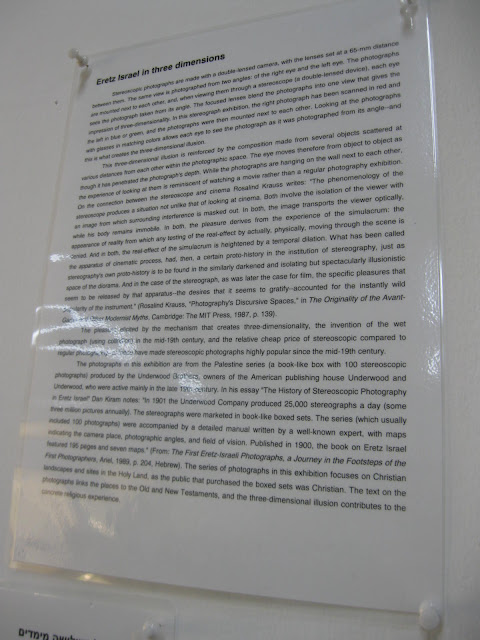.
I snapped this yesterday from my bus going home from Beer Sheva.
Bedouin men were lined up along the highway in a small demonstration near their town.
The Hebrew part of their banners says
Ken, ken lasovlanut
Lo, lo la-alimut.
Yes, yes to tolerance
No, no to violence.
And also this:
The police are asleep,
Crime is rampant.
I assume it is in response to two of their townspeople being murdered just in the past week.
A blood feud is going on between two big clans in the town.
The Bedouin want the Israeli police to go into Arab towns and search for and confiscate all the many illegal firearms.
But today this appeared in
The Times of Israel:
Arab Israeli MKs [Members of Knesset] from the opposition seek to
establish a parliamentary investigative committee to examine the
presence of illegal weapons in towns and villages across the country.
The coalition strikes down the proposal.
.
UPDATE:
This article was published about the subject today.
The best take-aways from it:
1. “From my point of view,” says [Arab MK] Tibi, “take the legal weapons too. We
don’t want them in our communities. I held a hearing in the Knesset in
2012 in the presence of the prime minister, the interior security
minister, bereaved families and 40 Knesset members. It was a historic
event. We demanded that they collect the weapons.”
2. Internal Security Minister Gilad Erdan: “What happens is that the police, when they go into an Arab village or
town, need a much bigger force than when they go into a Jewish town.
It’s very easy to blame the police and say that the illegal weapons in
the Arab sector are because of them. But the problem has existed since
the establishment of the state. A lot of Israeli Arabs want to have
weapons for self-defense. Others want them for celebrations and
weddings. Others want them for status, or for criminal activity. Each
person has their own reason. But because the level of crime and violence
is so high, as a result, even more people arm themselves.”
3. Muhammad Haj Daod, a theater actor from Umm al-Fahm: “In the past, people would get into disputes and it would end with a sulha.
People met and made peace. It never got to the point of weapons except
for one incident of shooting that everyone remembers from the 1980s.
Since we got the police station in Umm al-Fahm, we see the weapons and
drugs spreading throughout the city.
“How do I explain it?” he asks. “In the past, families were organized in hamulas. Each hamula
[clan] has its leader and he is the one who decides. It was easier to
resolve disputes because there weren’t a lot of different people
involved in the decision. The decision was up to the head of the entire
family. Today, these leaders don’t exist anymore. Today, everyone does
whatever they feel like.”
.














































